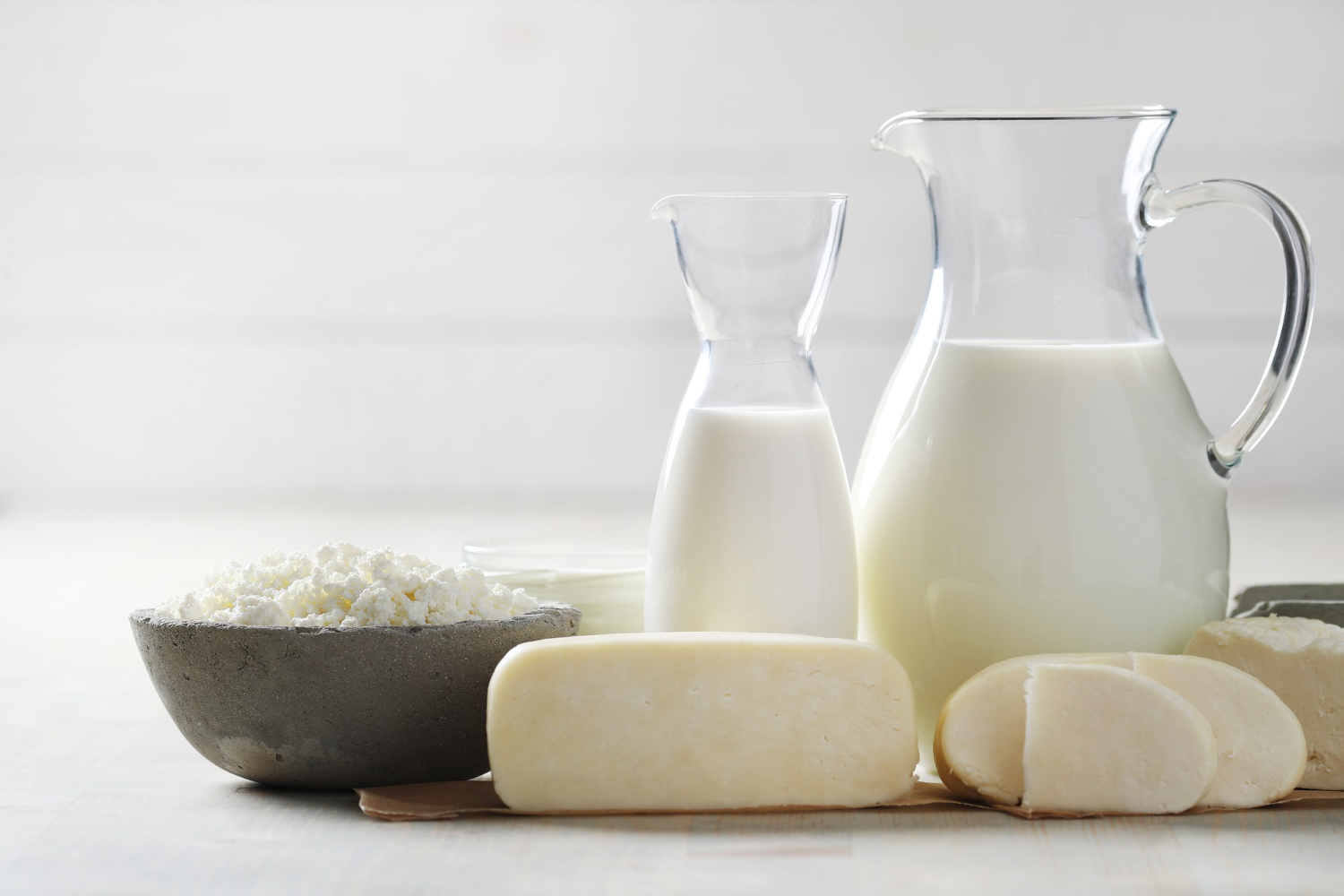
Proper storage of dairy products is essential to maintain their freshness, taste, and nutritional value. Malaysians, like people worldwide, enjoy a wide variety of dairy products in their daily lives and often shop tupperware for easy store these kinds of foods. From milk and yogurt to cheese and butter, these items are staples in many Malaysian households. To make the most of your dairy purchases, it’s crucial to understand the ideal temperature for storing them in the refrigerator. In this article, we will delve into the topic, answering common questions and providing valuable insights.
What is the ideal temperature for storing dairy products?
Maintaining the right temperature is vital to extend the shelf life of dairy products. The recommended temperature range for storing most dairy items in the refrigerator is between 32°F (0°C) and 39°F (4°C). This temperature range ensures that harmful bacteria growth is minimized while preserving the taste, texture, and nutrients of the dairy products.
How to store different dairy products?
Milk:
- Milk is a common staple in Malaysian households. To keep milk fresh and prevent spoilage, store it on the shelf or in the main body of the refrigerator, where the temperature is most consistent. Avoid storing milk on the refrigerator door, as it experiences frequent temperature fluctuations. Make sure the milk is tightly sealed to prevent absorption of odors and contamination.
Yogurt:
- Yogurt is a versatile dairy product enjoyed by many. Store yogurt in its original container, tightly sealed, and place it on a shelf in the refrigerator. It’s advisable to consume opened yogurt within a week for optimal taste and quality.
Cheese:
- Cheese comes in various types, and each may have slightly different storage requirements. However, most cheese can be stored in the refrigerator’s cheese compartment, if available, or in the main body of the refrigerator. Keep cheese tightly wrapped in wax paper or plastic wrap to prevent moisture loss and exposure to odors. Hard cheeses, such as cheddar or Parmesan, can last longer than soft cheeses but should still be consumed within a reasonable timeframe.
Butter:
- Butter can be stored in the refrigerator, preferably in a covered butter dish or container to prevent absorption of odors. However, if you prefer softer, spreadable butter, it can be kept at room temperature for a few days. Remember to use a clean utensil to avoid introducing bacteria.

The Advantages of Proper Dairy Storage
Freshness and Quality:
- Storing dairy products at the ideal temperature ensures that they stay fresh for a longer duration. It helps preserve their taste, texture, and nutritional content, allowing you to enjoy them to the fullest.
Safety:
- By maintaining the recommended temperature range, you minimize the risk of harmful bacteria growth in dairy products. This helps to safeguard against foodborne illnesses and keeps your family safe.
Conclusion
Maintaining the ideal temperature for storing dairy products in the refrigerator is crucial for ensuring their freshness, taste, and safety. By adhering to the recommended temperature range of 32°F (0°C) to 39°F (4°C), Malaysians can extend the shelf life of their dairy items and enjoy them at their best. Remember to store milk, yogurt, cheese, and butter appropriately, following the guidelines provided. With proper storage practices, you can savor the goodness of dairy products while reaping the advantages of freshness and safety.